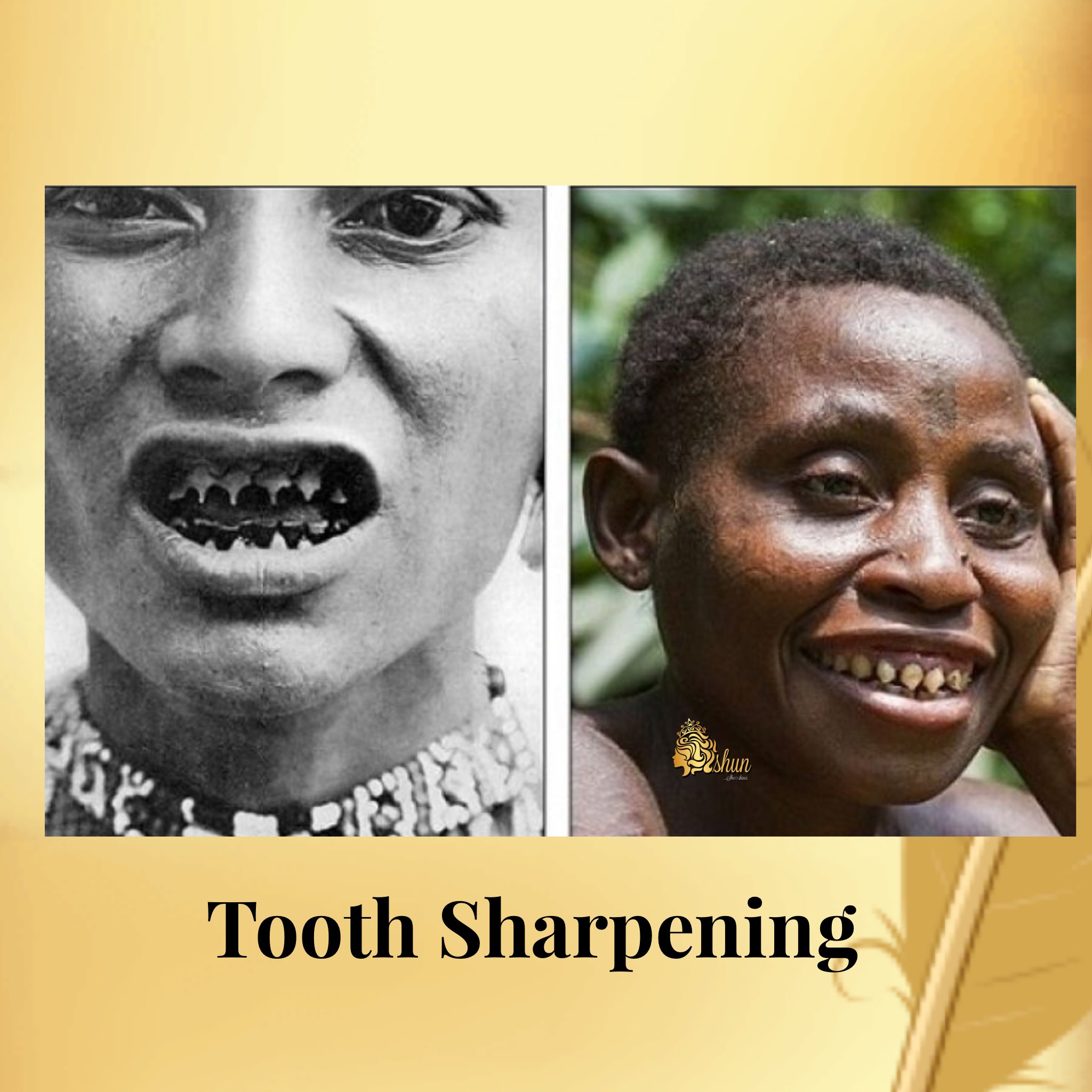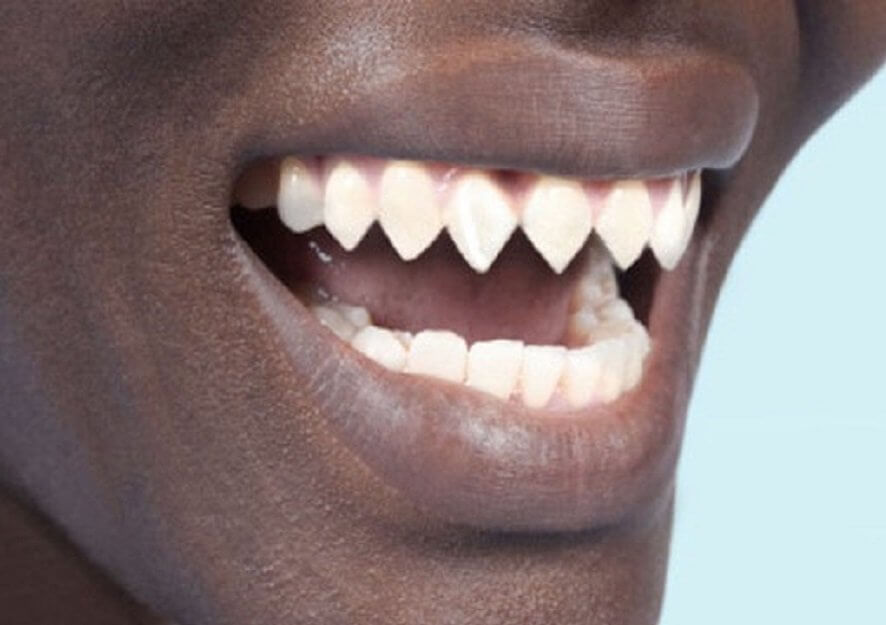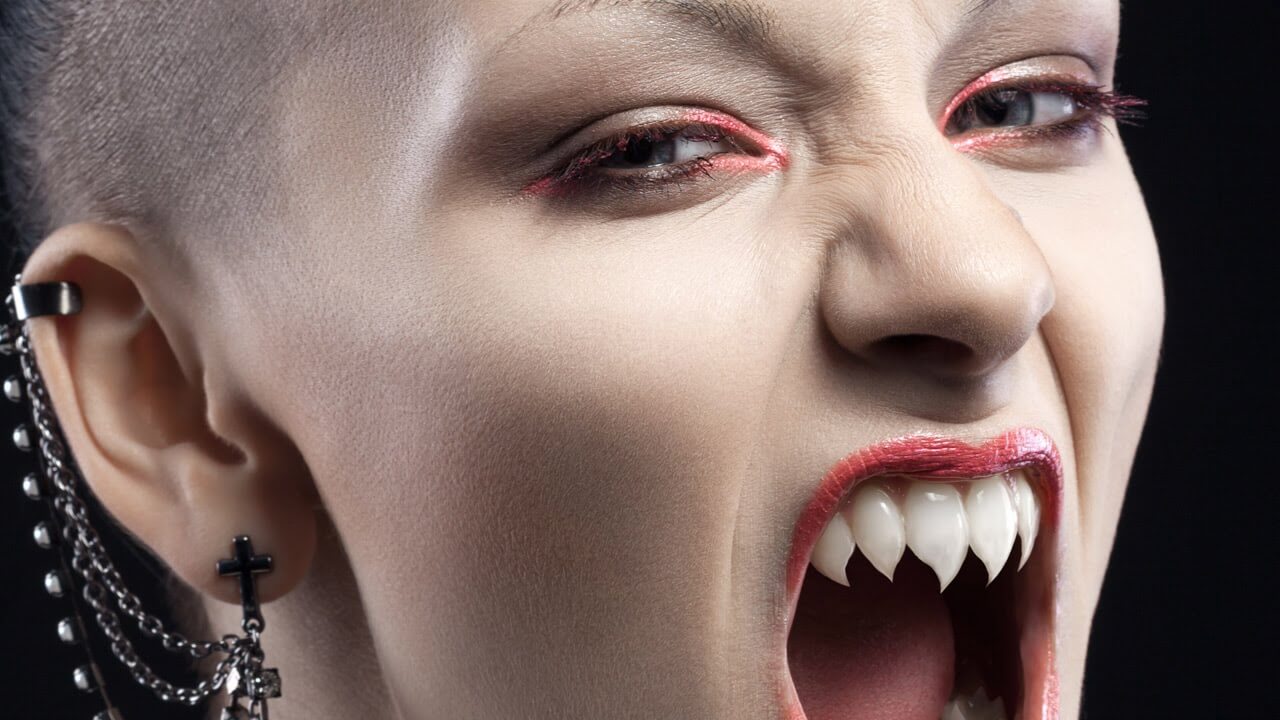Ever wondered about sharpened k9 teeth and what they mean for your furry friend? Let’s dive into the gritty world of doggy dentistry and uncover some pawsome facts. Dogs are more than just our best pals—they're little bundles of biology with teeth that tell a story. So buckle up, because we're about to take a deep dive into the world of canines, their sharpened k9 teeth, and why it matters.
Now, let’s be real for a sec—dogs have some serious chompers. The k9 teeth, also known as the canine teeth, are those pointy dudes in the front of their mouths. These babies aren’t just for show; they’re tools for survival. And when you start hearing about sharpened k9 teeth, it’s time to pay attention. Whether you’re a seasoned dog owner or just thinking about getting a pupper, this article’s got all the deets you need.
What makes sharpened k9 teeth so important? Well, think of it this way: your dog’s teeth are like their Swiss Army knife. They use them for eating, playing, and even defending themselves. So, understanding what’s normal and what’s not can make a huge difference in your dog’s health. Let’s get into it, shall we?
Read also:Rabbit Therian Mask Unveiling The Fascinating World Of Therian Culture
What Are Sharpened K9 Teeth?
Let’s break it down, shall we? Sharpened k9 teeth are basically the canine teeth that have become more… pointy. Now, this can happen naturally as your dog grows up, or it could be due to external factors like diet, habits, or even medical conditions. The k9 teeth are located right at the front of your dog’s mouth, and they’re the ones that stick out like little daggers. Cool, right? But also kinda alarming if you don’t know what’s going on.
So, why do dogs have these sharp teeth in the first place? Evolution, my friend. Back in the day, dogs were wild creatures who needed those teeth to tear meat, crush bones, and survive. Fast forward to today, and while our pups might not be hunting for dinner, those k9 teeth are still there, doing their thing. But sometimes, they can get a little too sharp, and that’s where things can get tricky.
Why Do Dogs Have Sharpened K9 Teeth?
Here’s the deal: dogs’ k9 teeth can become sharpened for a few reasons. First off, genetics play a big role. Some breeds naturally have sharper teeth than others. Secondly, diet can affect the way a dog’s teeth wear down—or don’t wear down. If your dog is munching on hard bones or toys, those k9 teeth might stay sharper for longer. And lastly, dental health plays a huge part. If your dog’s teeth aren’t properly cared for, they can develop sharp edges that could cause problems down the line.
Is It Normal for Dogs to Have Sharpened K9 Teeth?
This is the million-dollar question, isn’t it? The short answer is: yes, it’s somewhat normal. But here’s the thing—just because it’s normal doesn’t mean it’s always healthy. Dogs are born with sharp k9 teeth, and as they grow, those teeth can become even sharper depending on their lifestyle. However, if the teeth are excessively sharp, it could be a sign of something else going on, like dental disease or an injury.
Now, how do you know if your dog’s k9 teeth are too sharp? Keep an eye out for signs like excessive drooling, difficulty eating, or even behavioral changes. If your pup seems uncomfortable or is avoiding their favorite chew toys, it might be time to visit the vet. Trust me, it’s better to be safe than sorry.
Signs Your Dog’s Sharpened K9 Teeth Are a Problem
Here’s a quick rundown of what to watch out for:
Read also:Baby Haircuts For Little Ones With Minimal Hair A Parents Ultimate Guide
- Excessive Drooling: If your dog’s suddenly drooling more than usual, it could be a sign of pain or discomfort.
- Difficulty Eating: Is your pup avoiding their food or only eating on one side of their mouth? That’s a red flag.
- Behavioral Changes: Dogs in pain might become more aggressive or withdrawn. If your normally friendly pupper is acting out, it’s worth investigating.
- Visible Damage: Check your dog’s mouth regularly. If you notice any cuts, sores, or broken teeth, it’s time to call the vet.
How to Care for Your Dog’s Sharpened K9 Teeth
Now that we’ve talked about what sharpened k9 teeth are and why they matter, let’s get into the nitty-gritty of dental care. Taking care of your dog’s teeth isn’t just about keeping them clean—it’s about ensuring their overall health and well-being. Here are some tips to keep those k9 teeth in tip-top shape:
Regular Brushing
Brushing your dog’s teeth might sound like a hassle, but it’s one of the best things you can do for their dental health. Use a toothbrush and toothpaste specifically designed for dogs (no human toothpaste, please!) and aim to brush at least a few times a week. Trust me, your pup will thank you in the long run.
Dietary Adjustments
What your dog eats can have a big impact on their teeth. A balanced diet with the right nutrients can help keep those k9 teeth strong and healthy. And if you’re giving your dog bones or chew toys, make sure they’re safe and won’t damage their teeth further.
Veterinary Check-Ups
Regular vet visits are crucial for catching any dental issues early. Your vet can check for signs of wear and tear, gum disease, or other problems that might be affecting your dog’s k9 teeth. Plus, they can offer advice on how to keep those chompers in check.
The Role of Genetics in Sharpened K9 Teeth
Let’s talk about genetics for a sec. Some breeds are just naturally predisposed to having sharper k9 teeth than others. For example, working breeds like German Shepherds or Huskies might have more pronounced canine teeth due to their ancestry. But that doesn’t mean you’re powerless—regular dental care can still make a big difference, no matter the breed.
So, how do genetics affect sharpened k9 teeth? It all comes down to the shape and structure of the teeth. Some dogs have longer, pointier canines, while others have shorter, more rounded ones. And while you can’t change your dog’s genetics, you can take steps to ensure their teeth stay healthy and functional.
Which Breeds Are More Prone to Sharpened K9 Teeth?
Here’s a quick list of breeds that might have sharper k9 teeth:
- German Shepherds
- Siberian Huskies
- Akita Inus
- Doberman Pinschers
- Alaskan Malamutes
Of course, this isn’t an exhaustive list, but it gives you an idea of which breeds might need a little extra attention when it comes to dental care.
The Impact of Diet on Sharpened K9 Teeth
What your dog eats can have a huge impact on their dental health. A diet that’s too soft might not provide enough abrasion to wear down those k9 teeth naturally, leading to sharper edges. On the other hand, a diet that’s too hard could cause damage to the teeth or gums. Finding the right balance is key.
Here are some dietary tips to keep those k9 teeth in check:
- Offer a mix of wet and dry food to provide different textures.
- Avoid feeding your dog hard bones or toys that could damage their teeth.
- Consider dental chews or treats that are designed to clean teeth and freshen breath.
Best Foods for Maintaining Healthy K9 Teeth
Here are some foods that are great for your dog’s dental health:
- High-quality kibble with the right balance of nutrients.
- Dental chews that are specifically formulated to clean teeth.
- Rawhide bones (in moderation) to help wear down sharp edges.
Common Myths About Sharpened K9 Teeth
There’s a lot of misinformation out there about doggy dentistry, so let’s clear up some common myths:
Myth #1: All Dogs Need Their K9 Teeth Filed Down
Not true! Most dogs don’t need their k9 teeth filed down unless there’s a specific medical reason. In fact, filing down teeth can actually cause more harm than good if not done properly.
Myth #2: Sharpened K9 Teeth Are Always a Sign of Aggression
Wrong again! While sharp teeth can be intimidating, they’re not always a sign of aggression. Many dogs have naturally sharp k9 teeth, and it doesn’t necessarily mean they’re aggressive. Behavior is a much better indicator of aggression than tooth shape.
Conclusion: Keep Those K9 Teeth in Check
So, there you have it—the lowdown on sharpened k9 teeth. Whether you’re a seasoned dog owner or just starting out, understanding your pup’s dental health is crucial for their overall well-being. Remember to keep an eye on those sharp teeth, brush regularly, and visit the vet for check-ups. And if you’re ever in doubt, don’t hesitate to reach out for professional advice.
Now, here’s the thing: taking care of your dog’s teeth isn’t just about aesthetics—it’s about ensuring they live a long, happy, and healthy life. So, grab that toothbrush, stock up on dental chews, and give your furry friend the dental care they deserve. And hey, while you’re at it, why not share this article with your fellow dog lovers? Let’s spread the word about the importance of doggy dentistry!
Table of Contents
- What Are Sharpened K9 Teeth?
- Why Do Dogs Have Sharpened K9 Teeth?
- Is It Normal for Dogs to Have Sharpened K9 Teeth?
- Signs Your Dog’s Sharpened K9 Teeth Are a Problem
- How to Care for Your Dog’s Sharpened K9 Teeth
- The Role of Genetics in Sharpened K9 Teeth
- Which Breeds Are More Prone to Sharpened K9 Teeth?
- The Impact of Diet on Sharpened K9 Teeth
- Best Foods for Maintaining Healthy K9 Teeth
- Common Myths About Sharpened K9 Teeth


